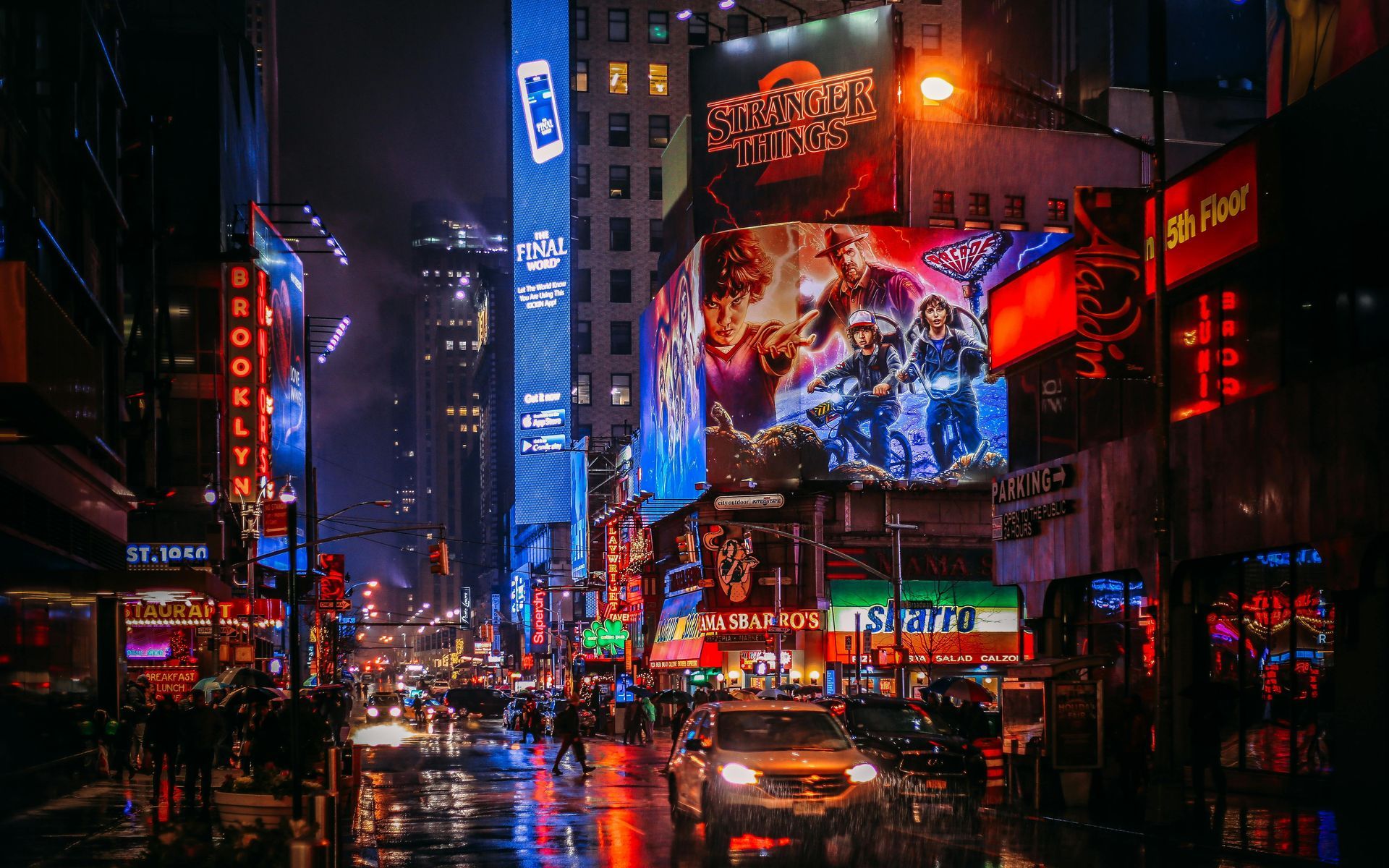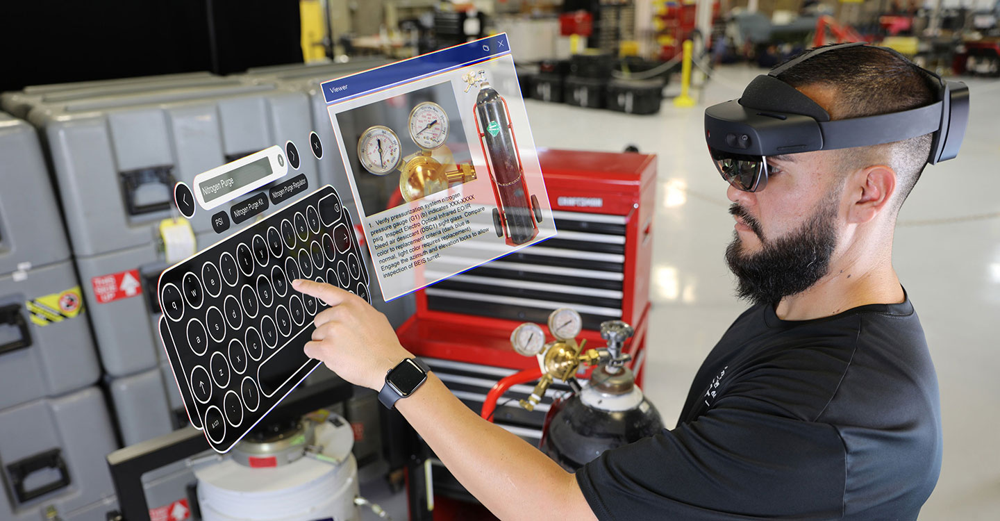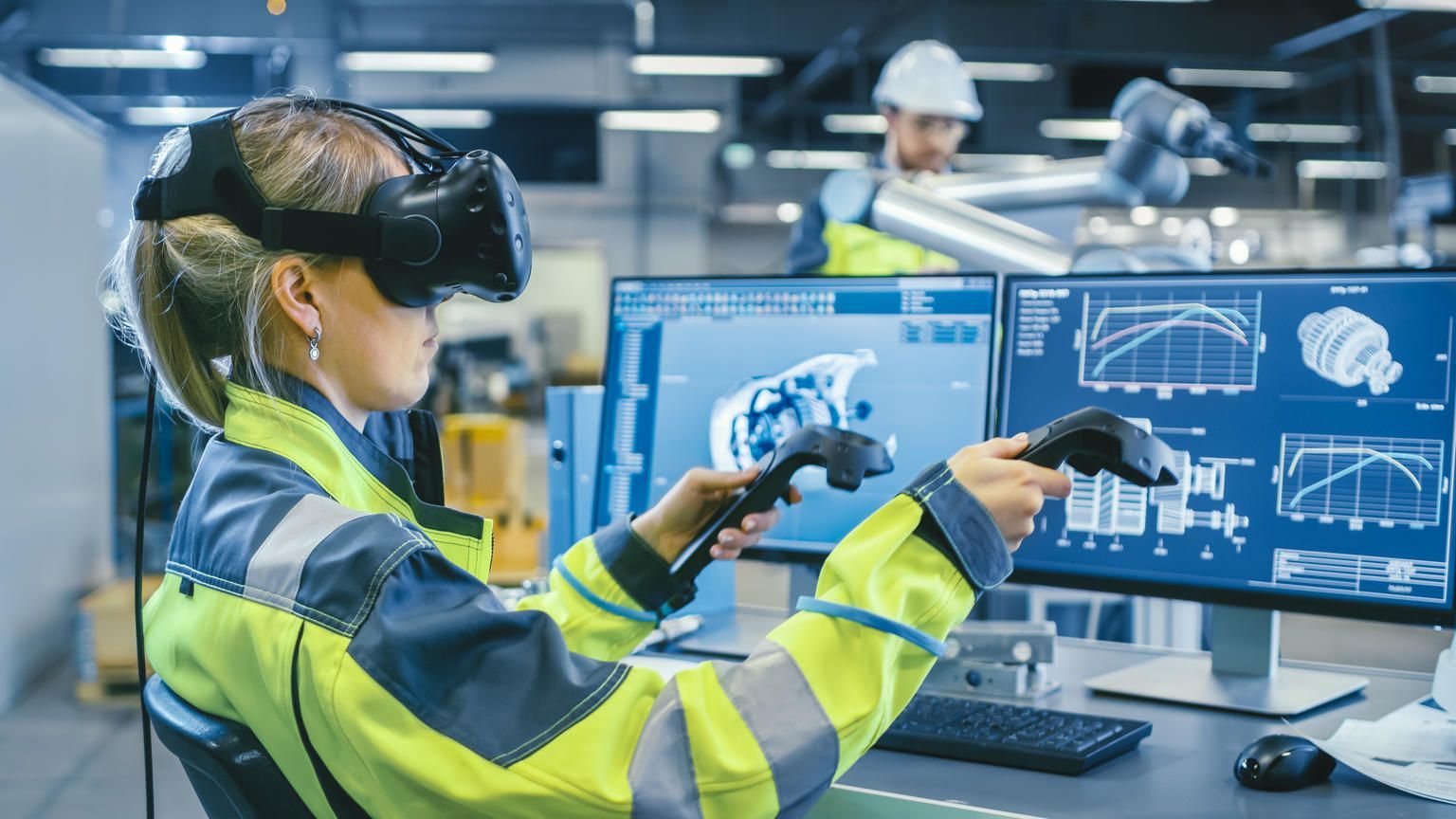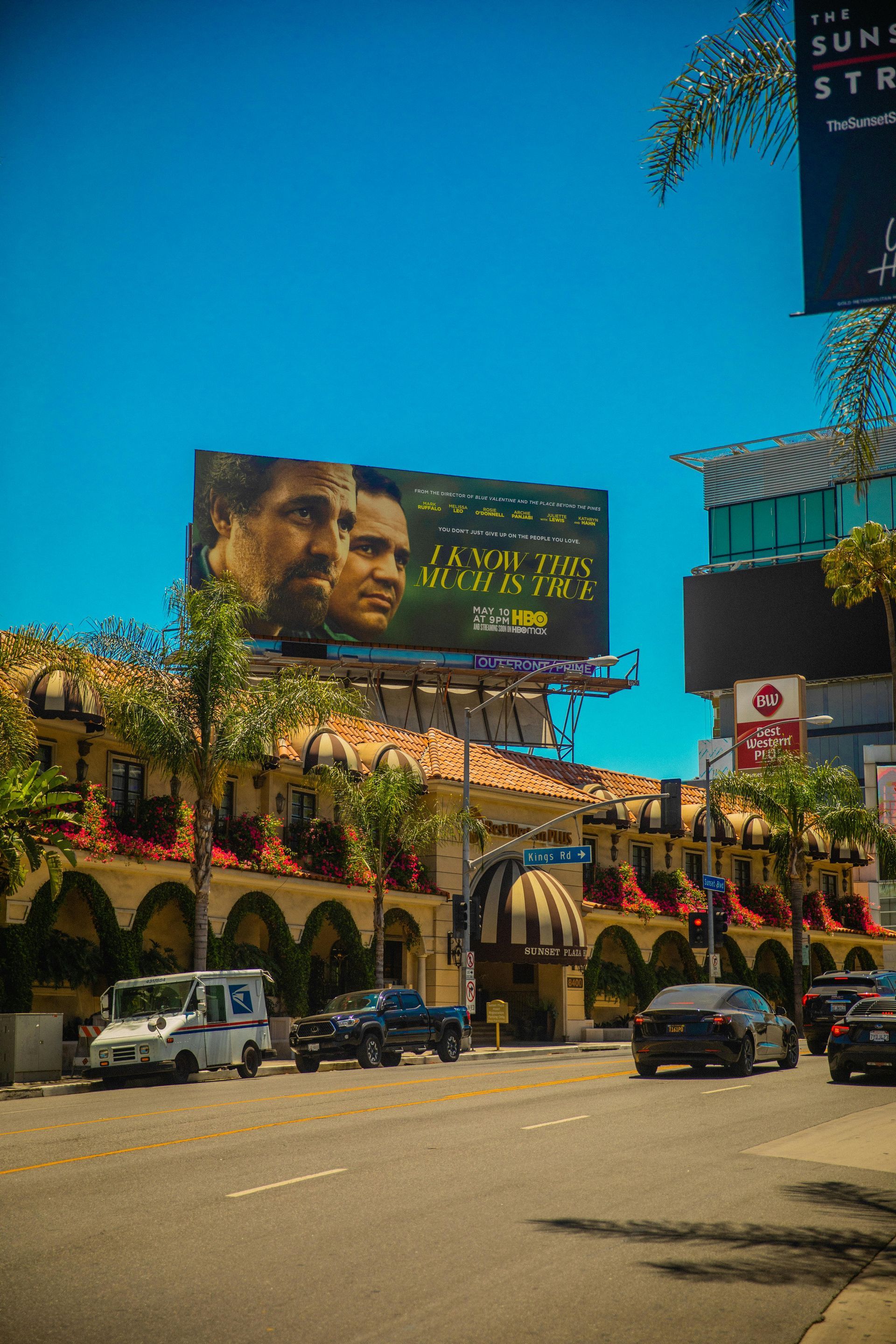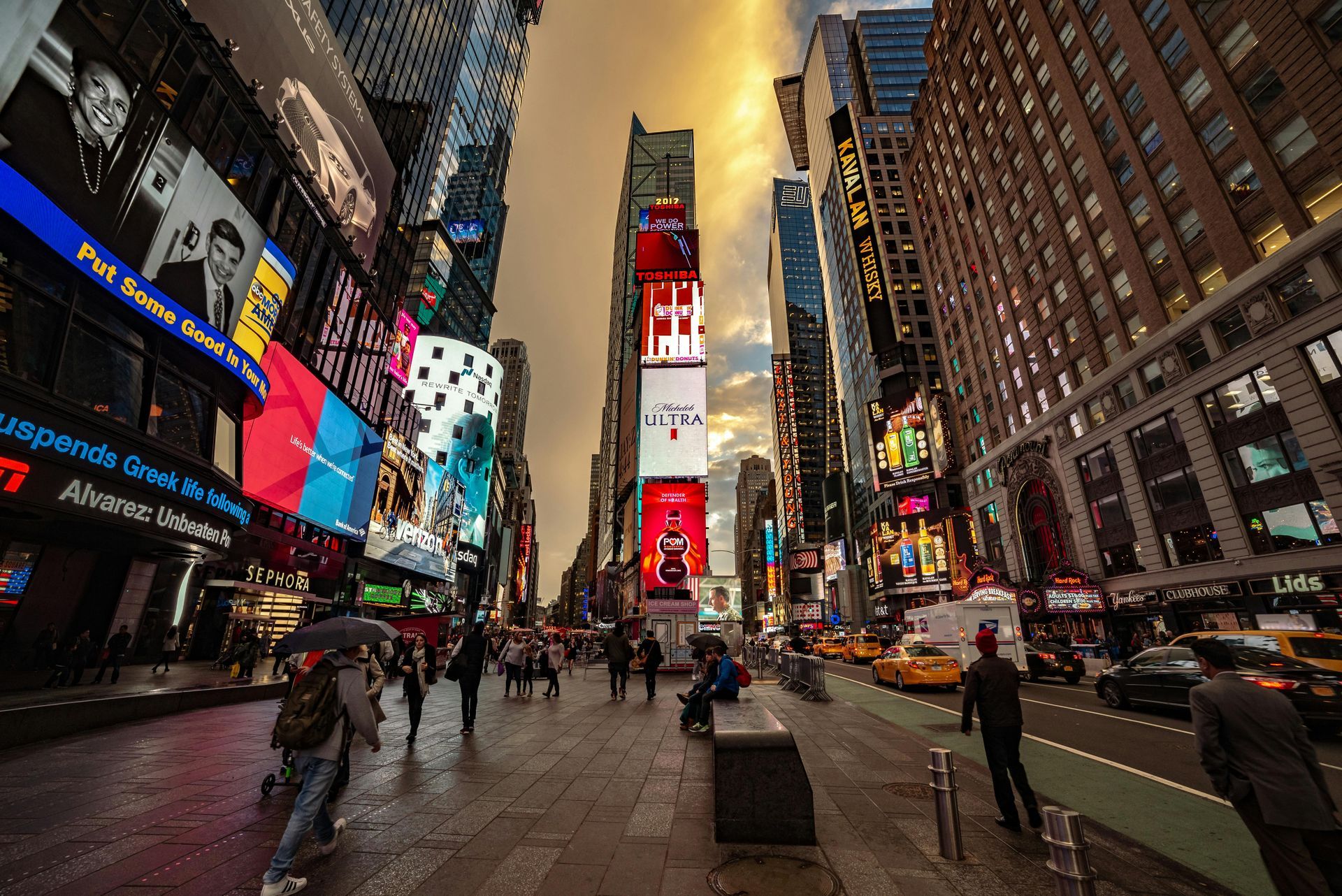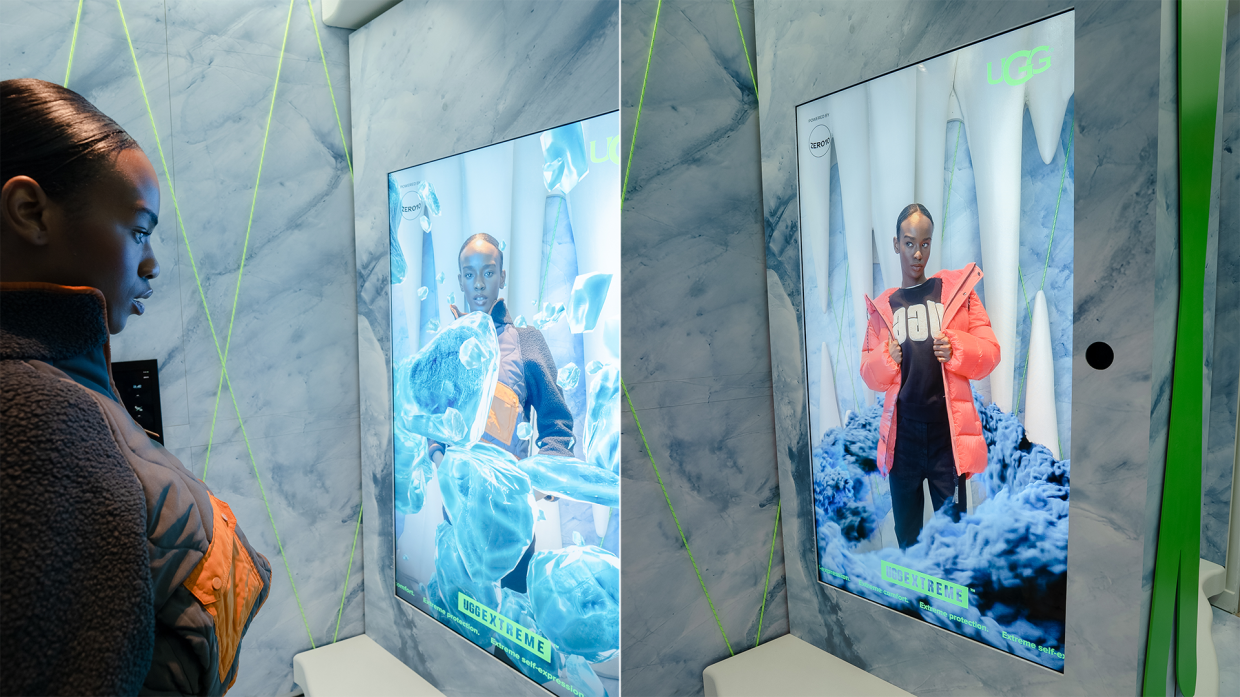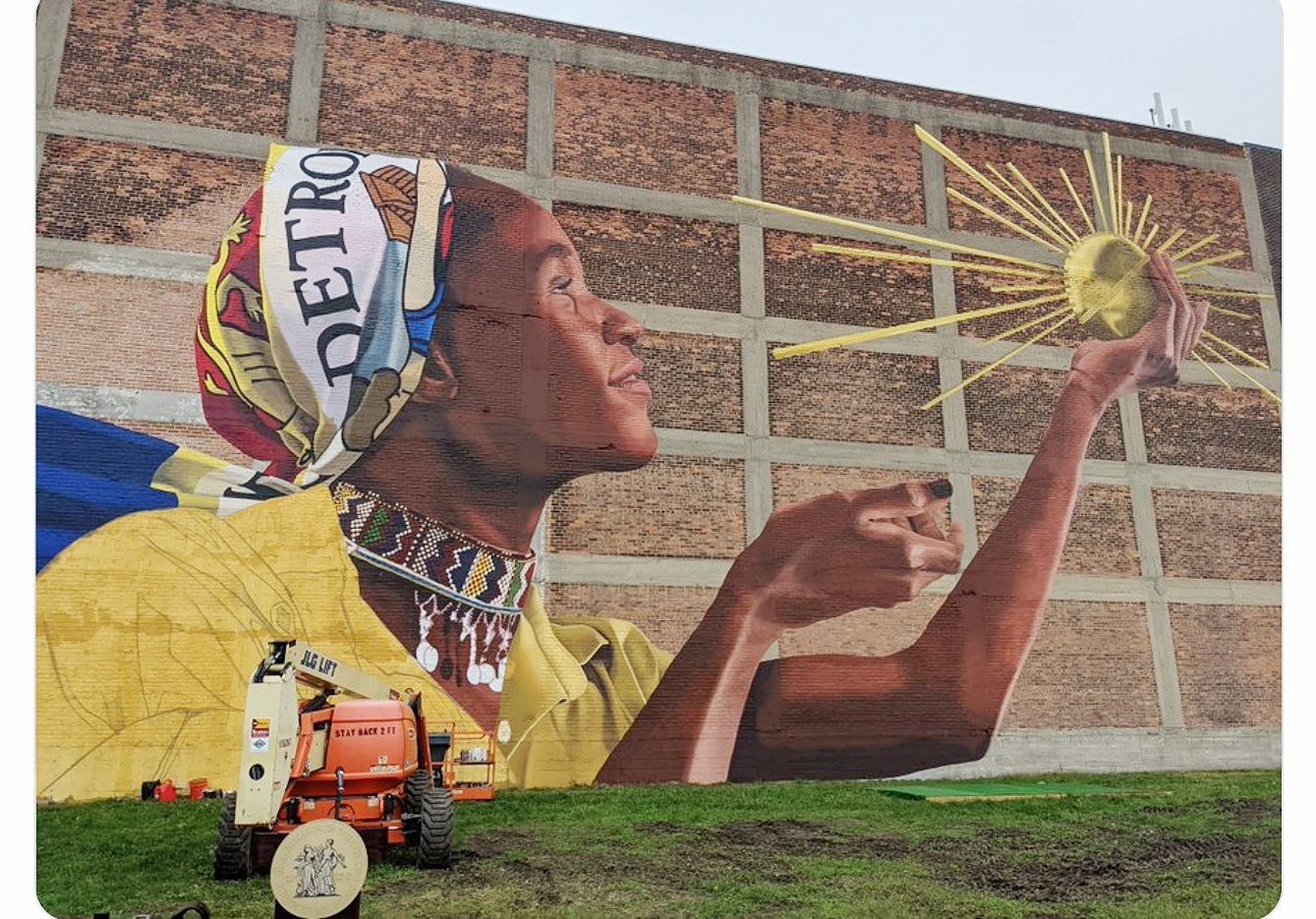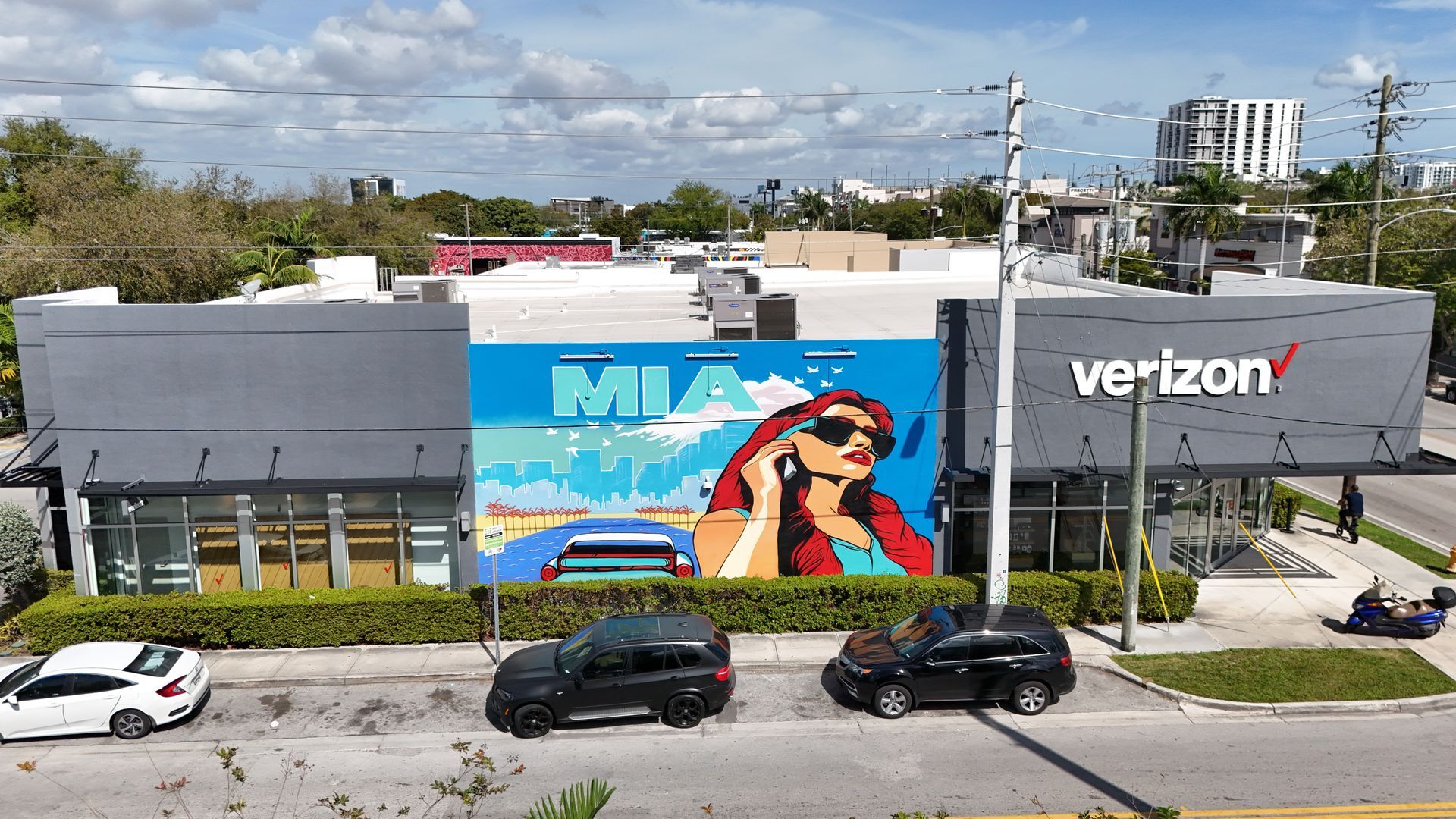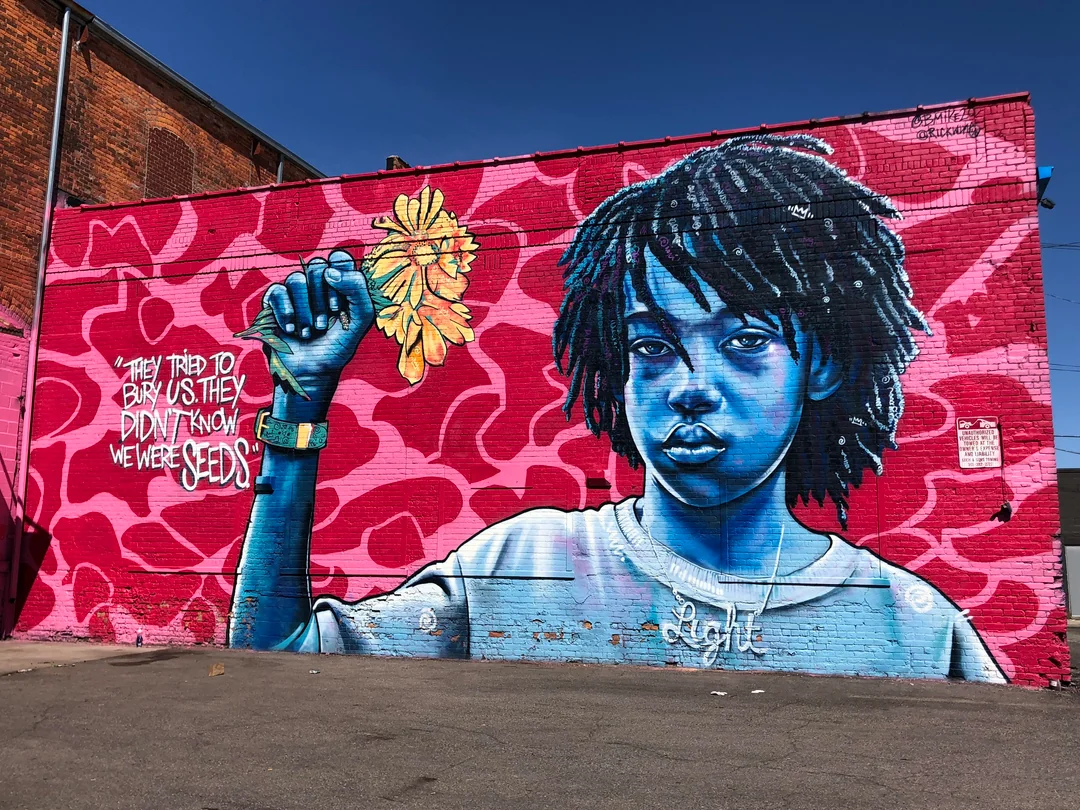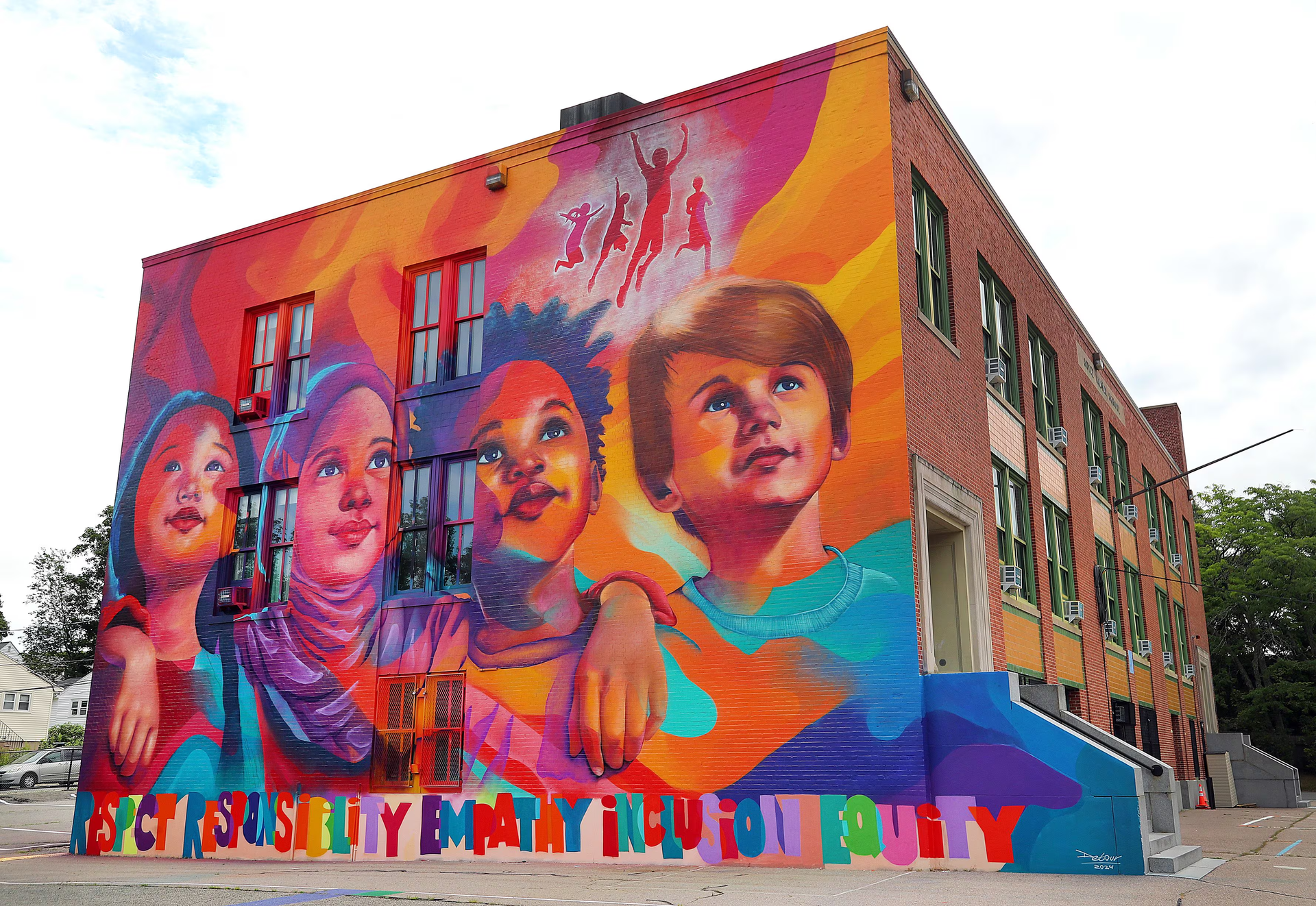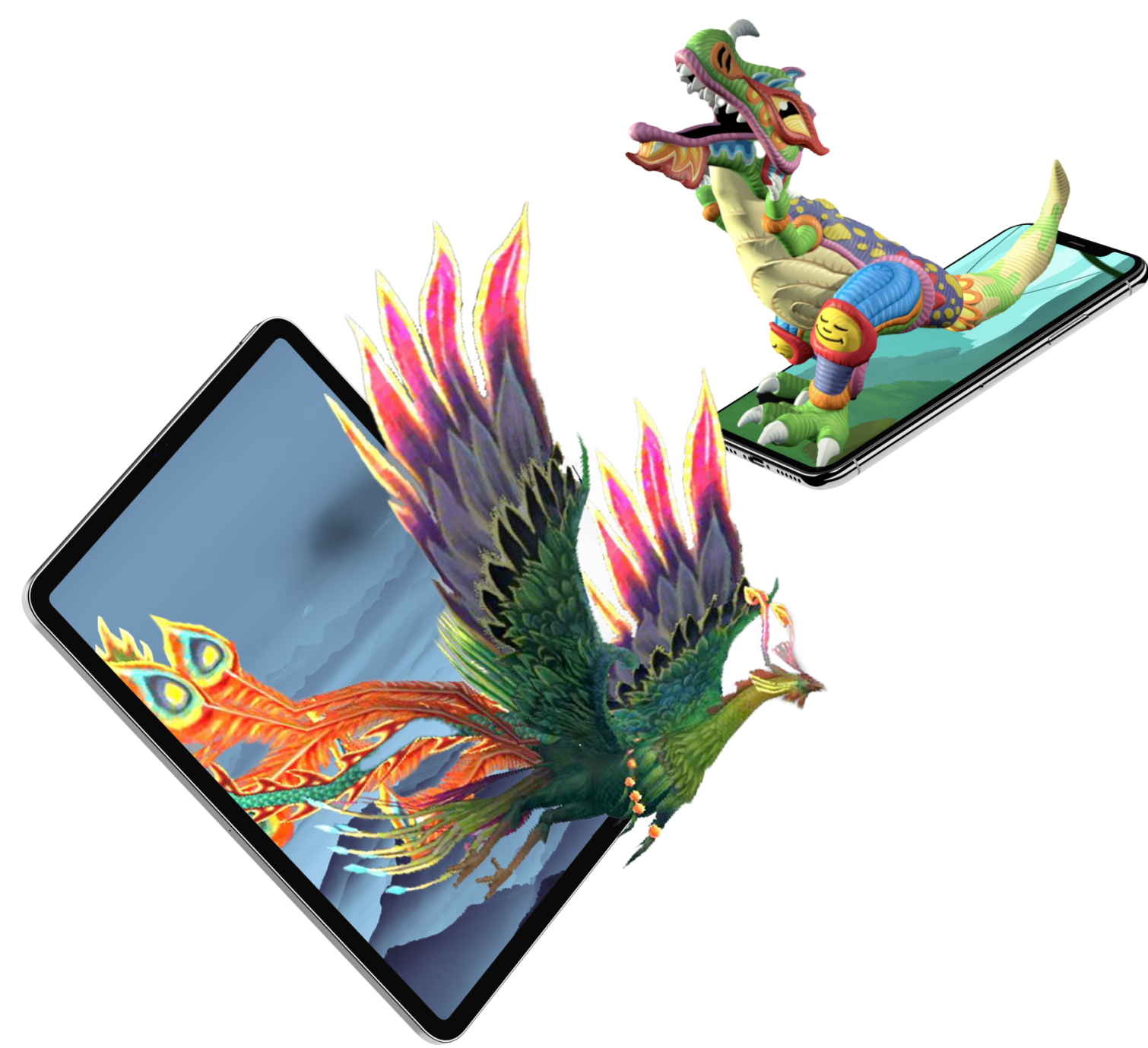Augmented Reality Cosmetics: Transforming Beauty with Virtual Makeovers
The cosmetics industry is undergoing a revolutionary transformation thanks to integrating augmented reality (AR) technologies. From trying on makeup virtually to learning about products through immersive experiences, AR is reshaping how consumers interact with beauty brands. This technology enriches the shopping experience and provides valuable insights for consumers, allowing them to make informed decisions in real-time. This article explores how augmented reality enhances the cosmetics industry by merging the digital and real world to create innovative user experiences.
The Rise of AR in the Beauty Industry
Augmented reality in the beauty sector is not just a trend but a substantial shift in how beauty brands engage with their customers. AR applications in cosmetics allow users to see themselves with different makeup looks without physically applying any products. This virtual try-on capability is powered by AR filters that accurately project makeup products — like lipsticks, eyeshadows, and foundations — onto the user's live image or video. The result is a seamless and interactive experience that mimics a real-world application.
Enhancing User Experience with Virtual Reality
While AR allows for real-time interaction with makeup products, virtual reality (VR) takes it further by creating fully immersive environments. For instance, some apps enable users to enter virtual salons to explore various beauty treatments and products. These VR experiences are particularly effective in engaging customers who seek a deeper understanding of the products before purchasing them, providing them with a 3D model of what they can expect.
Marketing Campaigns and Customer Engagement
Augmented reality experiences have become a cornerstone of innovative marketing campaigns in the cosmetics industry. Beauty brands use AR features to create engaging campaigns that allow consumers to try products virtually before buying them. This improves customer satisfaction and reduces the chances of returns and dissatisfaction. By integrating AR into their marketing strategies, brands can create buzz and excitement around new launches, driving online and in-store traffic.
AR Filters and Social Media Integration
Social media platforms have been instrumental in popularizing AR filters, with platforms like Instagram and Snapchat leading the way. Beauty brands collaborate with these platforms to create custom AR filters that promote their products. Users can try these filters while sharing their augmented selfies with friends, which adds a fun, social element to the traditional shopping experience. This social sharing boosts brand visibility and engagement, turning every user into a potential brand ambassador.
Real-Time Customization and Personalization
One of the most significant advantages of AR in the cosmetics industry is the ability to offer real-time product customization and personalization. AR technology can analyze a user’s skin tone, type, and preferences to recommend products that suit their specific needs. This personalized approach ensures that users have a unique and tailored shopping experience, which greatly enhances customer satisfaction and loyalty.
The Impact on In-Store Experiences
Augmented reality also revolutionizes the in-store experience. Some beauty stores are equipped with AR mirrors that allow customers to try different makeup products virtually as they shop. These mirrors provide instant feedback and options, enabling users to experiment with different looks without the hassle of physical application. Integrating AR into physical stores bridges the gap between the online and offline worlds, providing a holistic and unified customer journey.
Training and Education through AR
Augmented reality has substantial implications beyond marketing and sales; it is also a powerful tool for education and training. Beauty brands can use AR to train their staff more effectively by providing augmented reality experiences that simulate different beauty applications and techniques. Additionally, brands can offer AR-based tutorials to customers, which helps educate them about product usage, enhancing the overall user experience.
Challenges and Considerations
Despite its numerous benefits, integrating AR into the cosmetics industry has challenges. The accuracy of color rendering and the realistic simulation of textures are critical to ensuring that the virtual try-on mirrors the real-world experience. Brands must invest in high-quality AR technology to create realistic and reliable applications that meet consumer needs.
Conclusion
Augmented reality is set to redefine the cosmetics industry by offering innovative solutions that enhance user experience and marketing effectiveness. As AR technology evolves, it will open up even more possibilities for personalization, engagement, and virtual testing. For beauty brands, embracing AR is not just about keeping up with trends; it's about staying ahead in a competitive market and meeting the modern consumer's expectations for interactive and technology-driven shopping experiences. In this new age of digital beauty, the fusion of AR with cosmetics heralds a promising future that is as exciting as it is transformative.
TALK TO A PRO
We're here to bring your brand to life!
Stay Connected with BrandXR
Create Augmented Reality for Free!
Create, Publish, and Measure 3D Augmented Reality Experiences Without Having to Code.
